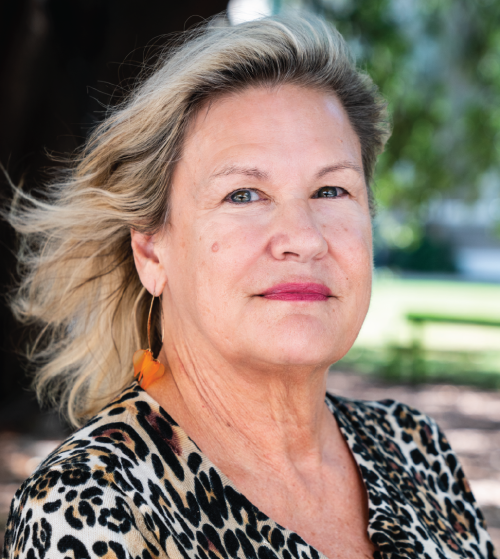
"I learned from working overseas that they do a lot of things better than we do. You know, we're about 37th in the world when you measure our health metrics. You look over infant mortality and maternal mortality rates in the US - it's abysmal. Maternal mortality has doubled in the last 20 years. So we have a lot of inequity, and we also spend more than any country. So how are these countries like Belize, which doesn't even have a Walmart, still able to deliver healthcare for their entire population? It's amazing to see how focused these countries are on preventative health care and primary health care and not just on, you know, the medical model of treatment.
I had the opportunity to go back and teach a course in Belize for a study abroad program that's Belize run. They have very much the model I'm looking for: for indigenous and health equity, One Health, which is the approach of intersection of humans, animals, and environment. They do a lot on wildlife ecology and conservation. So I like to bring students down there.
When they get down there, they realize it's very different. I always give the example: here, we treat water. The water we drink is the same water we flush our toilets with. And down there, where they sometimes have a shortage of water, for sanitation reasons, washing reasons, sometimes they have to conserve water, such as in a pilau. Although most of Belize now has pipe water.
And then when the students come back here, they think about water. About how much we waste water and how much drinkable water we use to use to wash the dog with. So it becomes a comparative and it helps students have a bigger view of global health and best practices and determinants."
-- Associate Professor, School of Public Health and Tropical Medicine
